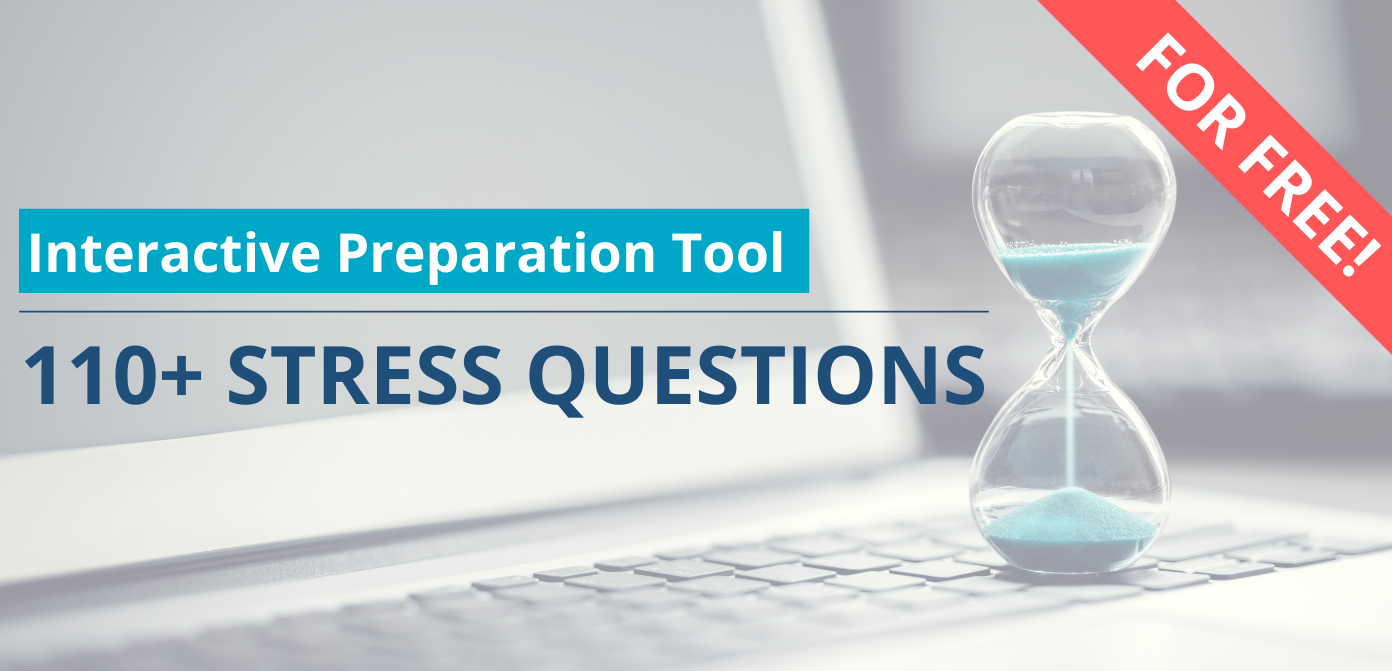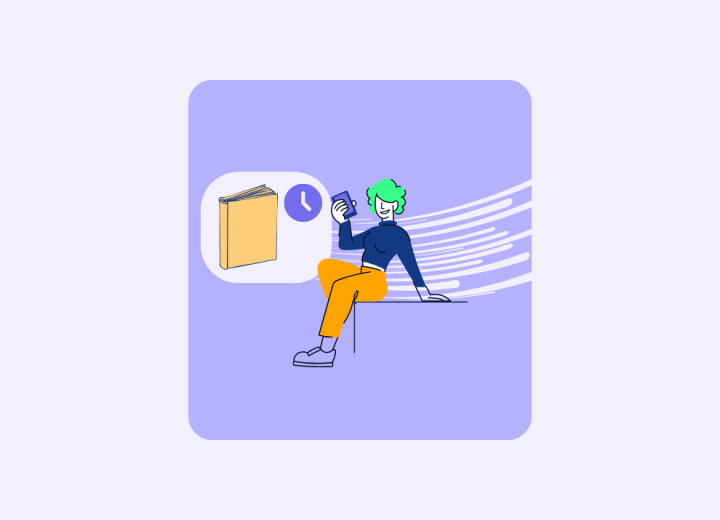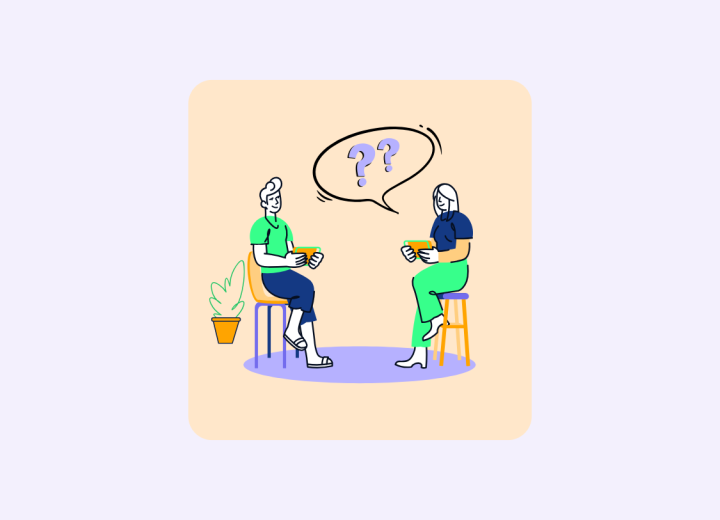You did it! The lengthy interview preparation period is over, you've passed the tests before the actual interview and now you are sitting here in front of your interviewers. Your goal is, of course, to master every single question with excellence and to leave a positive impression.
In general, the question types of the consulting firms can be easily divided into different categories. This will help you prepare for those and shine during the interview. In the following, we have summarized which questions you may be asked in the various consulting firms such as McKinsey, BCG, or Bain and how you can confidently answer unusual questions.




